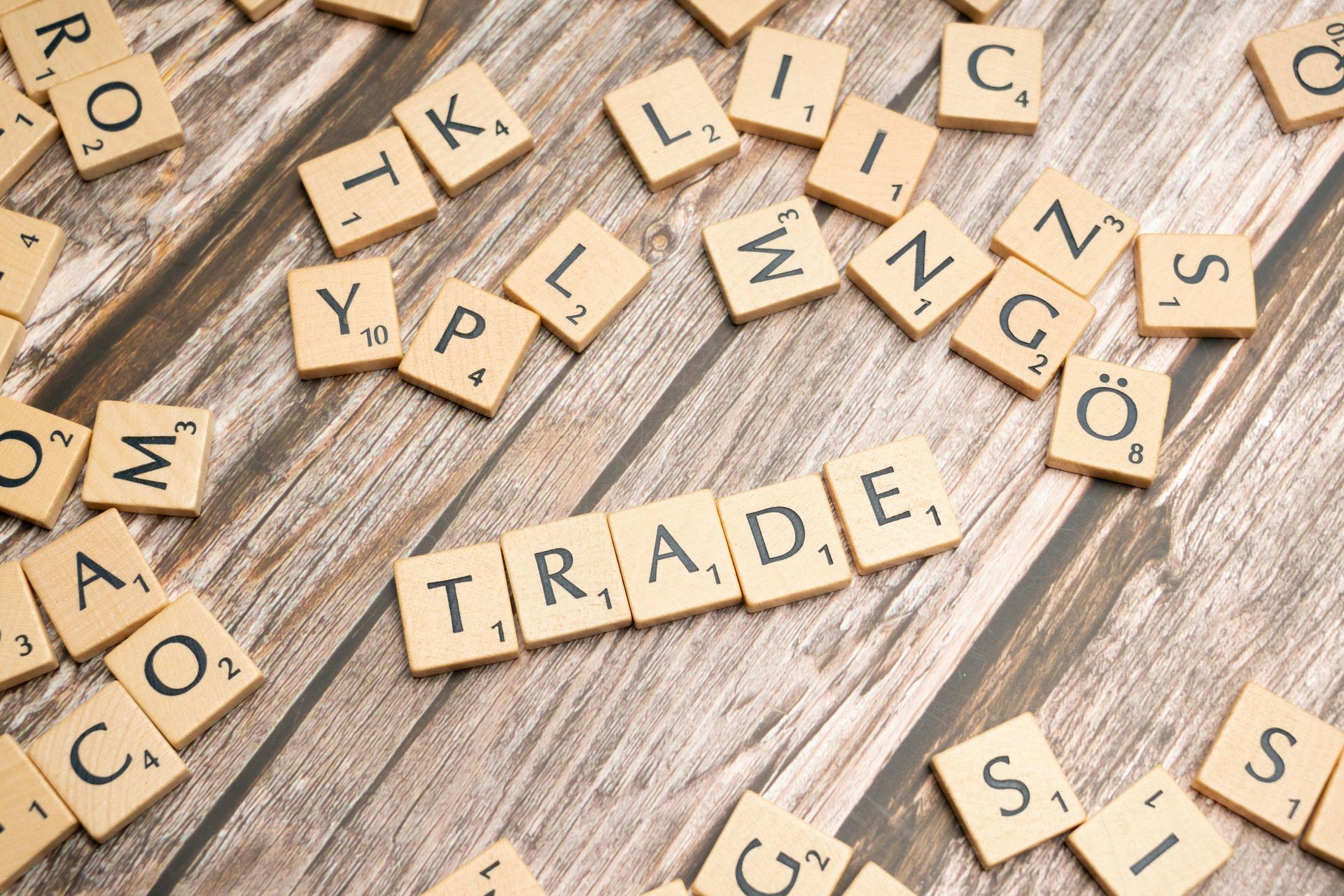Tariffs: Good or Bad?

Tariffs, which are taxes on imported goods, have been a contentious issue in global trade for centuries. While they can be used to protect domestic industries and generate revenue for governments, they can also have negative consequences for businesses, particularly small businesses. In this article, we will explore the impact of tariffs on small businesses, examining both the potential benefits and drawbacks.
Potential Benefits of Tariffs for Small Businesses
1. Protection from Foreign Competition
Tariffs can make imported goods more expensive, which can make domestically produced goods more competitive. This can be beneficial for small businesses that produce goods that compete with imports, as it can increase demand for their products.
2. Increased Domestic Production
Tariffs can encourage businesses to move their production facilities to the country imposing the tariff, as it becomes more expensive to import goods. This can lead to increased domestic production, which can create jobs and boost the economy. Small businesses can benefit from this by gaining access to a larger pool of skilled workers and increased demand for their products
3. Revenue Generation
Tariffs can generate revenue for the government, which can be used to fund public services and infrastructure projects. This can indirectly benefit small businesses by creating a more stable and prosperous economic environment.
Potential Drawbacks of Tariffs for Small Businesses
1. Increased Costs
Tariffs can increase the cost of imported goods, which can make it more expensive for small businesses to purchase raw materials and components. This can lead to higher production costs, which can squeeze profit margins and make it difficult to compete with larger businesses that have more buying power.
2. Reduced Access to Markets
Tariffs can make it more difficult for small businesses to export their products to other countries, as the tariffs imposed by those countries can make their goods less competitive. This can limit their growth potential and make them more reliant on the domestic market.
3. Supply Chain Disruptions
Tariffs can disrupt global supply chains, making it more difficult for small businesses to obtain the goods and services they need. This can lead to production delays, increased costs, and lost revenue.
4. Retaliation
When one country imposes tariffs on another, the affected country may retaliate by imposing its own tariffs. This can lead to a trade war, which can harm businesses of all sizes, including small businesses.
Conclusion
The overall impact of tariffs on small businesses is complex and depends on a variety of factors, including the size and nature of the business, the industry it operates in, and the specific tariffs imposed. In general, however, tariffs tend to have a more negative impact on small businesses than on large businesses.
Small businesses often have less buying power than large businesses, which means they are less able to absorb the increased costs associated with tariffs. They also have less access to international markets, which means they are more vulnerable to retaliatory tariffs. Additionally, small businesses often have less flexibility in their supply chains, which means they are more likely to be disrupted by tariffs.





